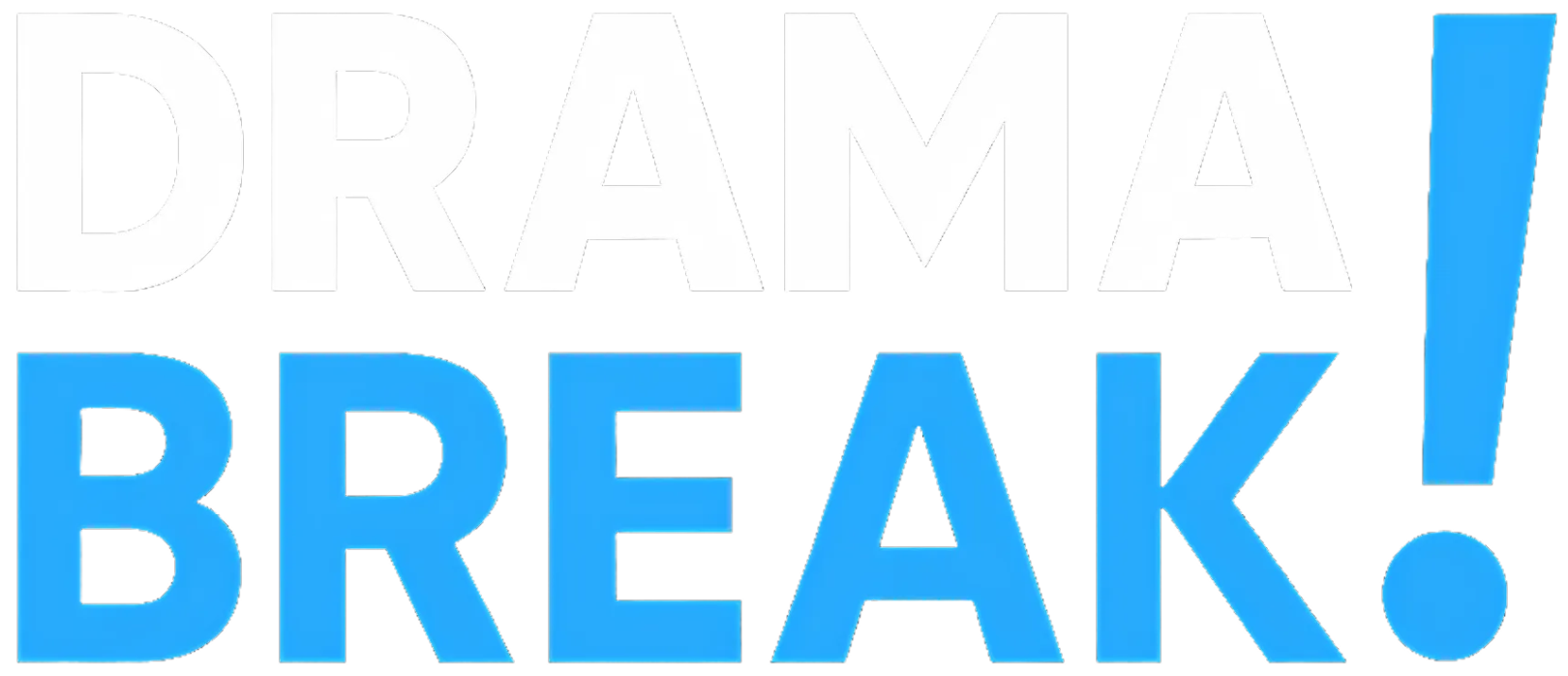The abrupt suspension of comic Jimmy Kimmel’s late-night present on ABC would possibly appear to be the least of our worries amid the shuttering of presidency companies, the collapse of congressional checks on govt energy and bands of ICE brokers detaining individuals on the premise of race or language. However humor issues.
Whereas the information media is usually known as the fourth property, alongside the chief, legislative and judicial branches of presidency, few consider stand-up comedy as a pillar of democracy. However jokes permit a society to mock itself, highlight uncomfortable truths, bridge variations and say what can’t in any other case be mentioned. Humor is an important bulwark of a free society. To play that function, comedians want the leeway to embarrass, provoke and take dangers, generally crossing the road into offense.
Within the wake of Kimmel’s suspension it’s exhausting to think about any mass market humorist poking enjoyable with abandon that biting satire calls for. Some of the highly effective salves for individuals underneath stress, and a selected lifeline throughout the Trump period, is the flexibility to giggle on the ridiculous or unfathomable. Decreasing a curtain on comedy won’t solely dim one in all our nation’s most treasured cultural types, but in addition speed up the darkish flip of American democracy.
Courting again to pre-revolutionary occasions, political satire has been a mainstay of American tradition. Rebellious colonists skewered British taxation insurance policies, army blunders and parliamentary pomposities by performs, songs and cartoons that rallied others to the reason for independence and made mass mobilization enjoyable. Benjamin Franklin’s 1773 “Guidelines by Which a Nice Empire Might Be Lowered to a Small One” used irony to lampoon British coverage, undermining authority whereas avoiding direct flouting of the period’s harsh sedition legal guidelines. The juxtaposition of a lighthearted format with a pointed commentary has marked America’s comedic custom ever since, encompassing literary humorists corresponding to Mark Twain and Edgar Allan Poe, satirical magazines like Puck and MAD, political cartooning, vaudeville, radio satire, stand-up and the late-night juggernauts of selection exhibits, discuss exhibits and, since 1975, “Saturday Night time Reside.”
Whereas our 1st Modification custom has principally protected satire through the years, it hasn’t prevented heavy-handed politicians from often making an attempt to silence their comedic critics. When Thomas Nast, generally known as the daddy of American political cartooning, took on New York Metropolis’s Boss Tweed and his Tammany Corridor political machine within the 1870s, Tweed reportedly mentioned: “Let’s cease these damned photos. I don’t care a lot what the papers write about me — my constituents can’t learn, however rattling it, they’ll see photos.” However Nast saved up a livid tempo of cartooning, hastening Tweed’s downfall on corruption fees.
Charlie Chaplin’s satire of capitalism and authoritarianism in movies together with “Trendy Instances” and “The Nice Dictator,” alongside his outspoken politics and alleged communist ties, drew FBI surveillance. In 1952 his re-entry allow to the U.S. was revoked, successfully exiling him for practically 20 years.
All over the world, autocrats have acknowledged the ability of comedians to puncture most popular narratives, undermine authority and stoke dissent. The Nazi regime’s Reichskulturkammer, or chamber of tradition, tightly censored cabaret and comedy. Cabaret performer Werner Finck opened a membership in 1929 and dared Gestapo members within the viewers to write down down his each phrase. Propaganda Minister Joseph Goebbels ordered the venue shuttered in 1935 and despatched Finck and his colleagues to a six-week stint in a focus camp. Within the Soviet Union, jokes about Joseph Stalin or the Communist Celebration had been handled as severe crimes towards the state, warranting time within the gulag.
Within the age of worldwide tv and social media the efficiency, and the perceived menace, of comedy has solely grown. Ukrainian President Volodymyr Zelensky constructed nationwide stature as a tv satirist taking part in a fictional president. His predecessor’s authorities, which did all it might to derail its political opponents, didn’t see Zelensky coming; till it occurred, few imagined his leap from sound stage to presidential podium. In 2013 the Cairo authorities issued an arrest warrant for tv comedian Bassem Youssef, generally known as the Jon Stewart of Egypt, for jokes about President Mohamed Morsi and Islam. He was hounded into exile and has lived within the U.S. for the final decade.
In an more and more polarized America, the place of comedy has been underneath assault from all sides. A decade in the past Jerry Seinfeld mentioned he would not do exhibits on school campuses due to ferocious politically right backlash towards his jokes. In 2019 the New York Instances introduced it will not publish political cartoons after apologizing for an antisemitic caricature of Israeli Prime Minister Benjamin Netanyahu. This yr the White Home Correspondents’ Dinner canceled a deliberate look by comic Amber Ruffin, the most recent in a collection of kerfuffles over controversial emcees of that occasion. The rising price of reprisals, within the type of offended constituencies, on-line outrage and direct threats, is more and more rendering humor too scorching to deal with.
The general public threats issued by Federal Communications Fee Chair Brendan Carr towards Kimmel and ABC, primarily based upon feedback by the comic that had been neither incendiary nor menacing, marks a pointy escalation within the battle towards humor. The quick capitulation of Disney, one in all America’s largest and most revered companies, is a stunning signal of simply how shortly personal, unbiased establishments are melting down underneath heated menace by a vindictive administration. If a comic as mainstream as Jimmy Kimmel is just not secure from silencing, it’s exhausting to think about who’s.
In serving to audiences perceive what is going on round them and reckon with their fears, comedy is each a collective coping mechanism and a catalyst for unfettered, clear-eyed thought. Autocrats all over the world perceive this.
Suzanne Nossel is a senior fellow for U.S. international coverage and worldwide order on the Chicago Council on World Affairs and the creator of “Dare to Converse: Defending Free Speech for All.”

